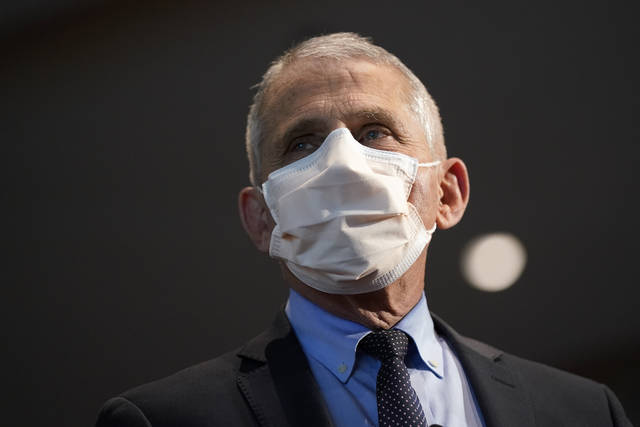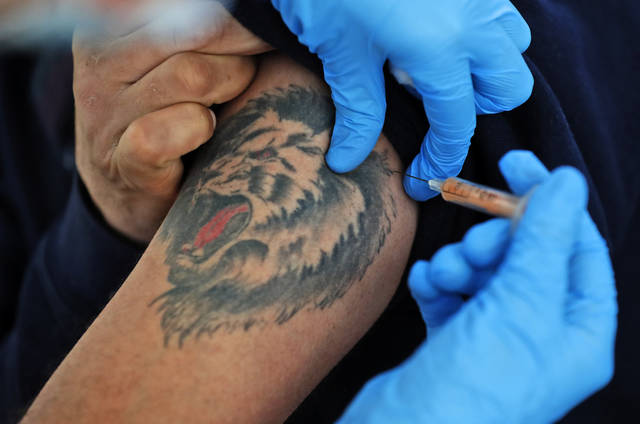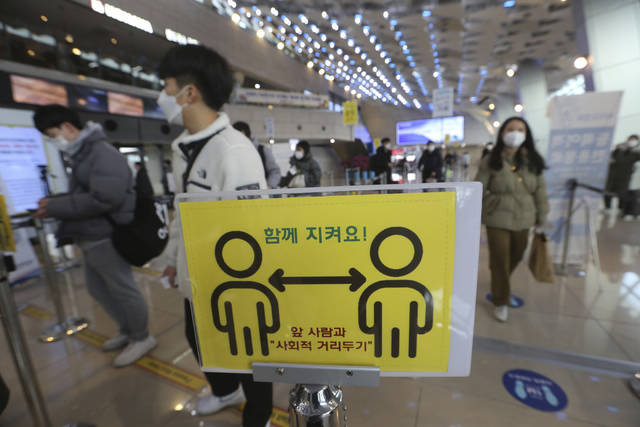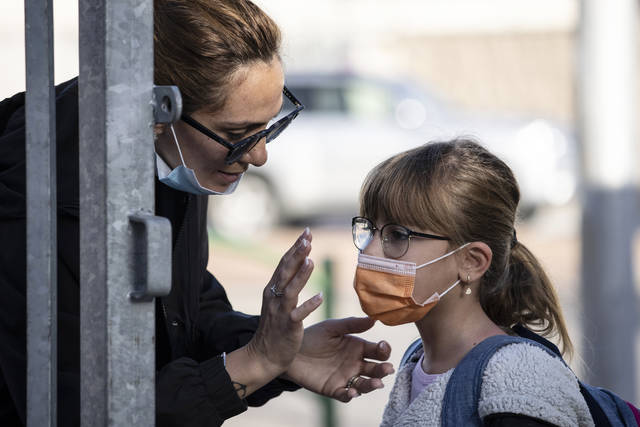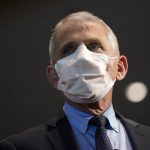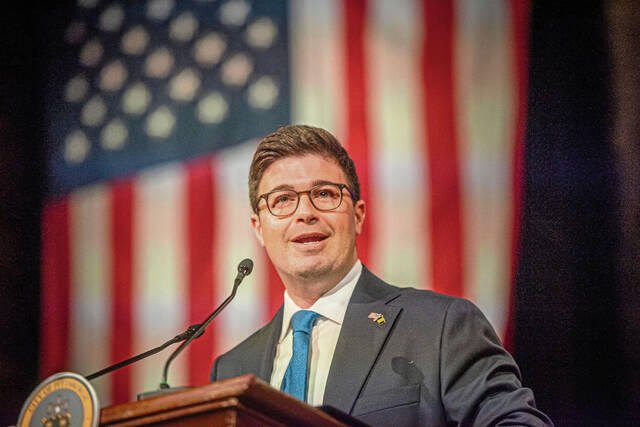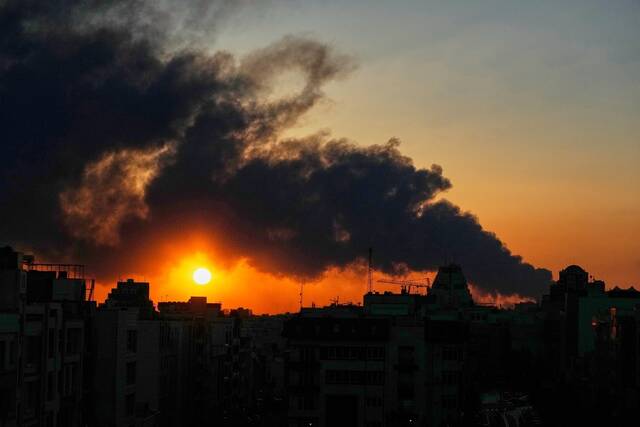WASHINGTON — Dr. Anthony Fauci predicts by April it will be “open season” for vaccinations in the U.S., as supply boosts allow most people to get shots to protect against covid-19.
Speaking to NBC’s “Today Show,” Fauci, who serves as science adviser to President joe Biden, says the rate of vaccinations will greatly accelerate in the coming months. He credits forthcoming deliveries of the two approved vaccines, the potential approval of a third and moves taken by the Biden administration to increase the nation’s capacity to deliver doses.
He says, “by the time we get to April,” it will be “open season, namely virtually everybody and anybody in any category could start to get vaccinated.”
He cautioned it will take “several more months” to logistically deliver injections to adult Americans but predicted herd immunity could be achieved by late summer.
In other covid news
The World Health Organization’s chief for Europe says it’s launching with the European Union a $48.5 million program to help deploy covid-19 vaccines in six countries that were once Soviet republics.
Dr. Hans Kluge, who also highlighted a drop in coronavirus cases in recent weeks while warning case counts remain too high, says the program complements work through an existing EU program and the WHO-backed COVAX Facility that aims to deploy vaccines for people in all countries in need whether rich or poor.
The program will involve Armenia, Azerbaijan, Belarus, Georgia, Ukraine and Moldova.
“Vaccines offer a way to emerge faster from this pandemic. But only if we ensure that all countries, irrespective of income level, have access to them,” Kluge told reporters from Copenhagen, Denmark.
“Unfair access to vaccines, can backfire. The longer the virus lingers, the greater the risk of dangerous mutations,” he added.
Kluge hailed “good news” that new infections in the 53-country WHO Europe region has declined for four straight weeks, and said covid-related deaths have fallen in each of the last two weeks. He also pointed to declining hospitalization rates.
In the region, some 7.8 million people have completed their immunization, Kluge said.
In Kenya
Tanzania’s president denies that covid-19 is in his country, but the WHO says two travelers from Tanzania have been found to have the virus now dominant in South Africa.
WHO Africa chief Matshidiso Moeti tells reporters the travelers went to the U.K. She again encouraged Tanzania’s government to share information on the pandemic, and she counts Tanzania as one of eight African countries that has the variant.
The East African nation has not updated its number of virus cases since April, and populist President John Magufuli has not only claimed that God has helped to defeat covid-19 there but also has expressed doubts about its vaccines.
The U.S. Embassy on Wednesday reported a “significant increase” in the number of covid-19 cases in Tanzania since last month, with no details. The Catholic church in Tanzania also has been outspoken in warning that covid-19 is present and encouraging citizens to take precautions.
In London
AstraZeneca said Thursday it’s working with the University of Oxford to adapt its covid-19 vaccine to protect against new strains of the virus as public health officials raise concerns about mutations that may make the virus more resistant to existing vaccines.
The Anglo-Swedish drugmaker worked with Oxford to develop one of the first covid-19 vaccines authorized for widespread use. AstraZeneca said it hopes to cut the time needed to produce large amounts of any new vaccine to between six and nine months.
The comments came as Astra-Zeneca said fourth-quarter net income rose to $1.01 billion from $313 million in the same quarter a year earlier. Drug sales increased 11% to $7.41 billion, driven by a 24% increase in cancer treatments.
The company posted $2 million of revenue from its covid-19 vaccine, which it has pledged to supply on a non-profit basis during the pandemic.


